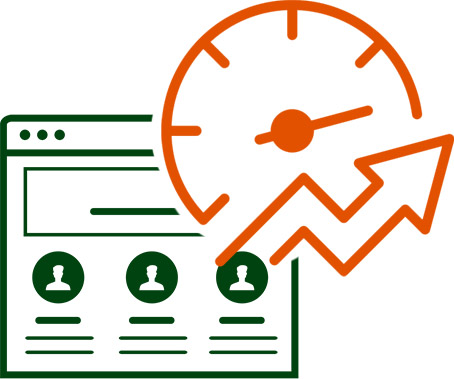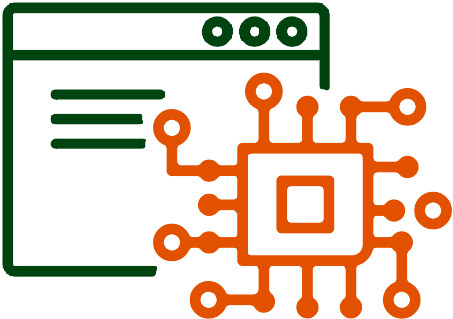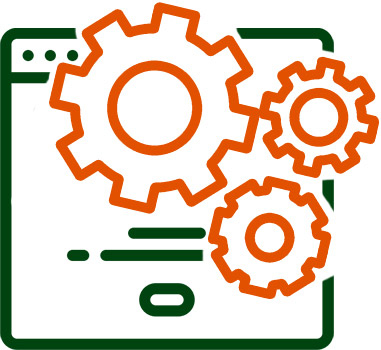Security in PHP Development
A crucial part of PHP development is ensuring your website or app is secure from cyber-attacks.
Here’s how PHP developers secure your website from these threats:
Built-in Security Features of PHP
Aside from being beginner-friendly, PHP has innate security features that help developers create secure websites and apps. These are:
Prepared Statements: When your website talks to a database to get or save information, PHP can help keep these conversations secure. It separates instructions from data, so hackers can’t directly mess with the database.
Password Hashing: Instead of simply storing passwords as they are, PHP can scramble them into a secret code so that even if someone hacks your website, they can’t easily use these.
Session Management: Logging in to a website creates a session so it can remember who you are. PHP has tools to help you manage these sessions securely, making it harder for hackers to impersonate you.
Cross-Site Scripting (XSS) Protection: Sometimes, hackers may try to put harmful code into websites. PHP helps stop this by converting characters into safe versions before revealing them on your website, preventing harmful scripts from running.
Cross-Site Request Forgery (CSRF Protection): PHP can include a secret code when you do things on the website, like filing forms, to ensure the request is coming from you and not someone impersonating you.
Configuration Options: PHP allows you to adjust settings to make them more secure, such as turning off features that may expose sensitive information.
Best Practices for Secure PHP Development
Aside from relying on PHP’s innate security features, developers can further secure the website or app they’re developing through the following measures:
Check and Clean User Input: Ensure the information people enter into the website is correct and safe. This also removes any harmful parts from the input.
Talk to the Database Safely: When your website needs to get or save information in a database, use prepared statements to prevent SQL injection attacks.
Store Passwords Securely: Mask your passwords with secure codes before storing them.
Protect User Sessions: Create a secure session when users log in and regularly change session IDs to prevent hijacking.
Stop Bad Scripts: When displaying information that users entered, convert it to a safe format first to stop harmful scripts from running.
Use HTTPS: Always use HTTPS to ensure the information sent between users and your website remains encrypted and secure.
Setting up a website for your business can be challenging if your team lacks the necessary technical skills.
Fortunately, you can hire a dedicated online PHP developer to help build your website or application.
They’re more cost-effective than other full-stack developers, and PHP offers various benefits like versatility, scalability, cross-platform compatibility, security features, and rapid development.
If you prefer hiring skilled full-time PHP developers rather than freelancers, boost your hiring strategy by working with a tried and tested company like Remote Staff.




























































